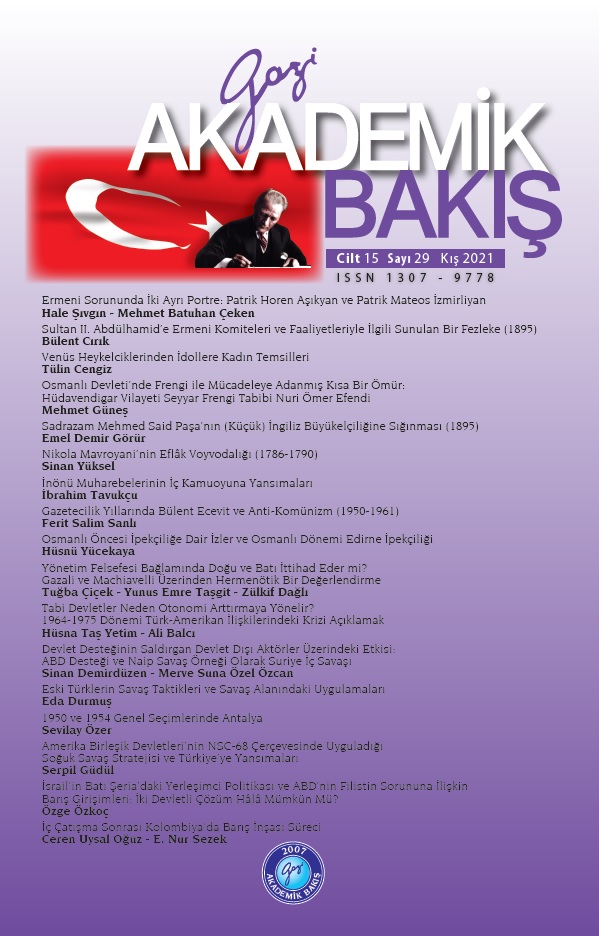Tabi Devletler Neden Otonomi Arttırmaya Yönelir? 1964-1975 Dönemi Türk-Amerikan İlişkilerindeki Krizi Açıklamak
Why Subordinate States Quest for Autonomy? Explaining the Crisis in Turkish-American Relations during the 1964-1975 Period
Author(s): Hüsna TAŞ YETİM, Ali BALCISubject(s): Politics / Political Sciences, Governance, Political history, Post-War period (1950 - 1989)
Published by: Gazi Akademik Bakış
Keywords: US; Turkey; Sovreignity transfer; Hierarchy; Autonomy quest; War;
Summary/Abstract: Following World War II, Turkey was keen on being a part of the emerging US-led order. By ceding foreign policy autonomy to Washington, Ankara became one of the United States’ most loyal allies until the mid-1960s. However, the first crisis in Turkish-American relations began in 1964 and culminated in the closure of US bases and facilities in Turkey in 1975. Despite escalating tensions, Turkey remained as a member of the US-led system, limited its challenge to the US to a demand for more autonomy. In this context, this study aims to identify the causes of Turkey’s quest for autonomy within the US-led system from 1964 to 1975 by applying the concepts and arguments of the hierarchy theory, which is relatively new in the field of international relations.
Journal: Gazi Akademik Bakış
- Issue Year: 15/2021
- Issue No: 29
- Page Range: 195-220
- Page Count: 16
- Language: Turkish

